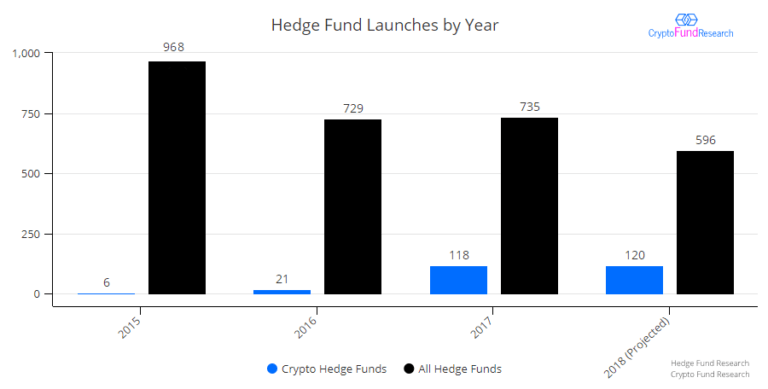Bitcoin mining is seemingly starting to become unprofitable because of the network’s rising hashrate, even for large-scale operations. This, despite bitcoin miners raising a total of $4.7 billion in the first three quarters of this year.
According to a report published by blockchain research firm Diar, revenue in the first half of this year exceeded last year’s total by $1.4 billion. BTC’s rising hashrate, however, has seen miners paying retail electricity prices become unprofitable last month.
The firm notes miners currently earn 54,000 BTC ($350 million) a month and although the industry has been enduring a months-long bear market, the flagship cryptocurrency is still up 40% in the last 12 months. Despite these figures, bitcoin’s growing hashrate has seen China, where energy costs an average of $0.08 kW/h, become one of the “handful” of countries where it makes sense to mine.

Diar adds that even at these prices logistics can take down inexperienced mining operations, as they may fail to properly manage salaries, rents, equipment, and more. Nevertheless, the report notes the market has “a lot of room left to grow and profits to squeeze.” It adds:
But Bitcoin mining has, at least for now, and most likely in the future, moved into the court of bigger players with deep pockets.
Bitmain, which filed for an initial public offering with the Stock Exchange of Hong Kong (SEHK), could be moving to act as a “swing producer in an effort to keep the network profitable for all miners.”
Per Diar, the cryptocurrency mining hardware manufacturer – who runs two of BTC’s largest mining pools and is a key investor in ViaBTC – gets most of its revenue (95%) from selling miners, and estimates it has cornered 75% of the global market for these.
Given miners’ falling profitability, Bitmain may be forced to “swing” its hashrate between countries to average out energy costs. It currently runs 11 mining farms in China, with 200,000 mining units in them. Diar claims that if these are fully deployed S9 miners working on bitcoin’s blockchain, then they could represent about 6% of the network’s hashpower.
Bitmain is reportedly also planning to launch three more mining farms in the United States in the first quarter of next year. The mining giant is likely also focusing on the bitcoin cash network, as it holds 1 million BCH – something Bitcoin.com CEO Roger Ver says is “incredibly bullish.”









